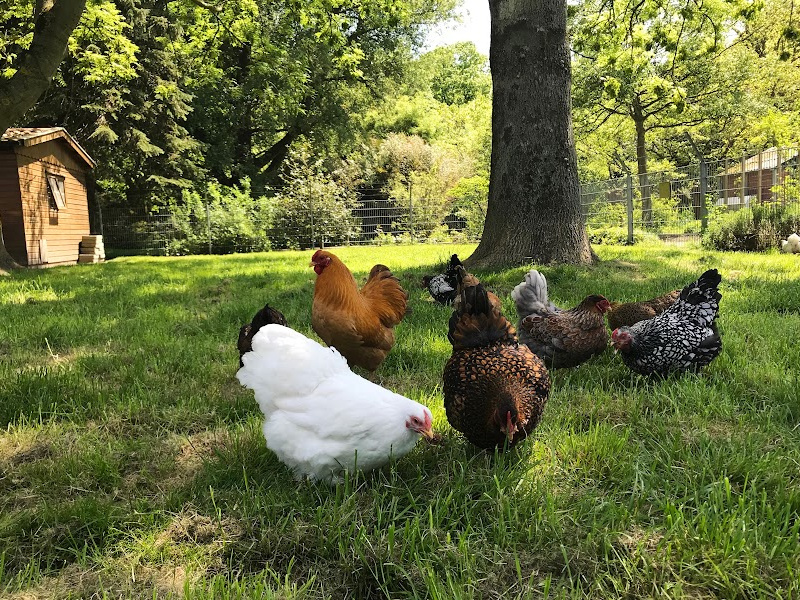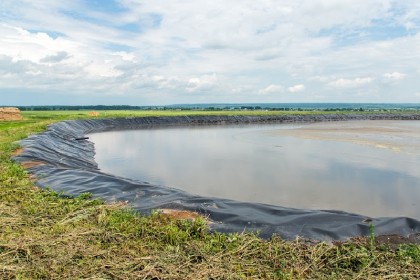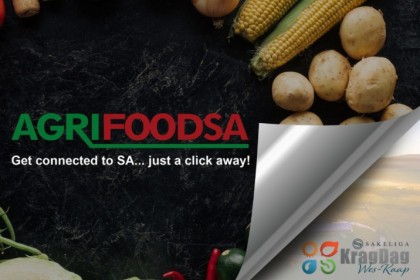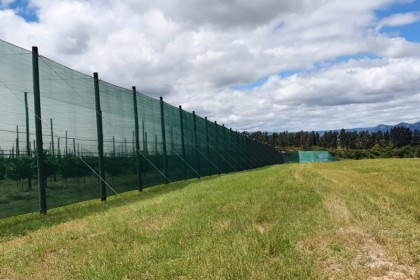
Non-Renewal Of Poultry Tariffs Threatens Jobs, Growth And Consumers
The South African Poultry Association (SAPA) one of the core signatories to the Poultry Sector Master Plan; a plan that aims to stimulate local poultry demand and production, develop South African industry, export South African chicken, and defend the South African Poultry sector against predatory trade practices, like dumping.
To date, of all the signatories to the Poultry Sector Master Plan, SAPA can report the most progress and most successes, and can showcase material growth and transformation of the local poultry industry – including improvements throughout the value-chain.
• SAPA and its members have invested more than R1.5 billion in expanding poultry processing capacity in the local industry, with an additional R570 million earmarked to be invested during the course of 2023. This supports food security, local job creation, rural development, and additional revenue for the fiscus.
• Beyond investing in the sector’s industrial development, emerging black farmers and contract growers have also been supported with an injection of R474 million in additional cash flow. In addition, the industry has increased market capacity to afford market access to both established contract growers and emerging black farmers.
• While on the path to transforming the local industry to be more inclusive, contract growers have invested over R650 million in poultry houses for black poultry farmers who are currently farming more than 16.8 million birds.
• Since signing the Poultry Sector Master Plan in 2019 (and despite the severe market restraints and economic contractions imposed by Covid-19), the Poultry sector has added 1 465 new jobs, with an additional 800 in the pipeline as investments come online in 2024. Moreover, the growth of the poultry industry has had a significant impact on the broader value chain, with AFMA reporting the addition of over 2000 new jobs in the agricultural sector throughout the poultry value chain.
“Like so many South Africans, the Poultry industry has had to contend with load shedding; access to fresh, clean water; the rising cost of fuel; the rising cost of feed; and a less than desirable exchange rate, yet despite these challenges, the industry still produces the cheapest chicken our Rands can buy,” says Izaak Breitenbach, GM of SAPA’s Broiler Organisation. “Despite this exceedingly challenging production environment, the biggest threat to South Africa’s poultry industry – and by extension, South African consumers – is unfair trade practices from countries like Brazil, Ireland, Spain and Denmark which dump their product on South African shores.”
While South Africa’s International Trade Administration Commission (ITAC) considers the imposition for five years of anti-dumping duties against these five countries, provisional anti-dumping duties were in force from December 2021 to 14 June 2022. These temporary duties have expired and have not so far been renewed. As of 12 June 2022, Minister of Trade and Industry, Ebrahim Patel, had 60 days to react to the ITAC report citing material harm sustained by the local poultry industry due to the unfair trade practices employed by these countries. With neither provisional nor permanent duties in place, the local poultry industry is at risk and the negative impacts can already be measured.
“South Africa is currently open to predatory trade from other countries, and the progress that’s been made to achieve the objectives of the Poultry Sector Master Plan are under threat. Allowing dumping to continue undermines the pillars of the Poultry Sector Master Plan, and severely compromises and endangers South Africa’s poultry industry – a R56 billion strategic economic asset. Like we’ve seen from African countries to the north, Ghana, Senegal and Cameroon, dumping can readily destroy an industry – without these tariffs in place, we could witness the systematic dismantling of South Africa’s poultry industry, leading to massive job losses, and severe economic contraction. Dumping jeopardises the country’s food security and the lack of import tariffs to counter it can cost jobs which in turn will increase poverty and hunger,” concludes Breitenbach.












